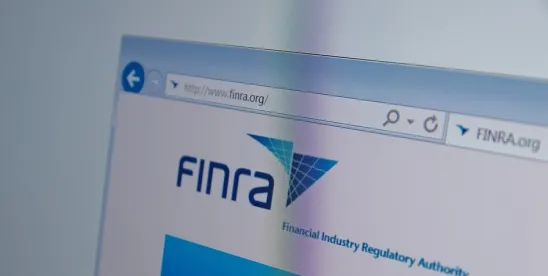On November 22, the US Court of Appeals for the District of Columbia Circuit granted Alpine a preliminary injunction, ruling that the Financial Industry Regulatory Authority (FINRA) cannot expel Alpine without the Securities and Exchange Commission’s (SEC) review. Interestingly, the court stated that “Alpine has also demonstrated a likelihood of success on its argument that the lack of governmental review prior to expulsion violates the private nondelegation doctrine.” That doctrine generally requires that a private entity statutorily delegated to perform a regulatory role be supervised by a government actor.
In 2022, FINRA sanctioned Alpine Securities Corporation for violating FINRA’s rules and imposed a cease-and-desist order. Alpine then sued in federal court, challenging FINRA’s constitutionality.
While that lawsuit was pending, FINRA concluded that Alpine had violated the cease-and-desist order and initiated an expedited proceeding to expel Alpine from FINRA membership. Alpine then sought a preliminary injunction from the district court against the expedited proceeding, arguing that FINRA is unconstitutional because its expedited action against Alpine violates either the private nondelegation doctrine or the Appointments Clause. The district court denied the preliminary injunction.
The Court of Appeals reversed only to the extent the district court allowed FINRA to expel Alpine with no opportunity for SEC review. The appellate court ruled that Alpine is entitled to a limited preliminary injunction against expulsion because it has demonstrated that it faces irreparable harm if expelled from FINRA (and, therefore, the entire securities industry) before the SEC reviews the merits of FINRA’s decision.
Since the appellate court found that Alpine demonstrated a likelihood of success in its constitutional challenge to FINRA's authority, it held that FINRA may not expel Alpine either before Alpine has obtained full SEC review on the merits of any expulsion decision or before the period for Alpine to seek such review has elapsed. Importantly, due to the litigation posture of the case and the primary appeal relating to the requested injunction against expulsion, the DC Circuit did not resolve “the ultimate merits of any of Alpine’s constitutional challenges.” Those challenges will have to await remand to the District Court and further proceedings.





 />i
/>i

